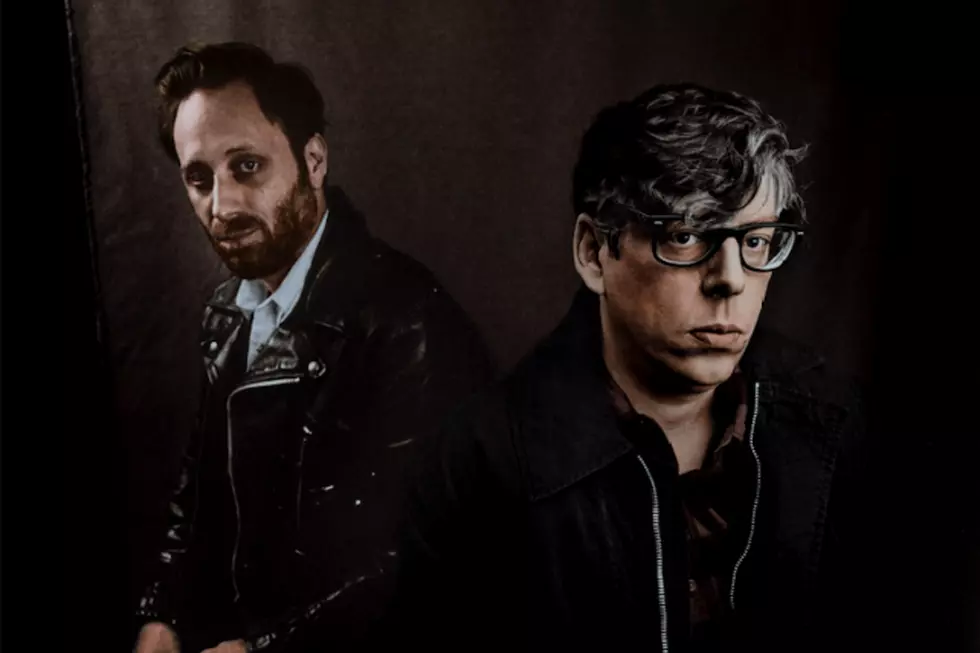
‘Thickfreakness’ – A Look Back on the Black Keys’ Second Album
The Black Keys’ 2002 debut, ‘The Big Come Up,’ hit like a smack on the side of the head. Two white kids from Akron with a guitar and basic drum kit channeled old-school bluesmen just as you’d imagine two white kids from Akron with a guitar and basic drum kit would: loudly, sloppily and with enough DIY spirit to overcome the occasional flaws.
The next year’s follow-up, ‘Thickfreakness,’ was more of the same. Just louder and sloppier.
Recorded in about 14 hours on a vintage eight-track machine in drummer Patrick Carney’s basement, ‘Thickfreakness’ rattles with garage-rock electricity, a distortion-packed exercise in controlled chaos. Singer Dan Auerbach – armed with electric, 12-string and slide guitars, as well as bass on one track – howls like a veteran bluesman dropped inside the soul of a ratty indie rocker.
There’s nothing tamed or polished about ‘Thickfreakness.’ Several of its songs slip into a fuzzy mess of guitar overload with no discernible starting or ending lines. It’s pure rock ‘n’ roll driven by its determination to be pure rock ‘n’ roll. The best songs – ‘Hard Row,’ ‘Set You Free’ and a cover of ‘Have Love, Will Travel’ by ‘60s garage rockers the Sonics – tear through the blues-rock area laid out by the band with a resolve that borders on obsession. The Black Keys knew what they had here.
‘Thickfreakness’ was the duo’s first record on indie blues label Fat Possum, a major boost to their cred and an unfortunate allegiance that led to innumerous comparisons to that other Midwestern blues-influenced duo with a color in its name. ‘Thickfreakness’ didn’t chart, but ‘Set You Free’ ended up in the movie ‘School of Rock,’ upping the group’s profile and setting them up for their next album, 2004’s ‘Rubber Factory,’ their first to dent the charts and their first truly great record.
Listen to the Black Keys' 'Hard Row'
More From Diffuser.fm









